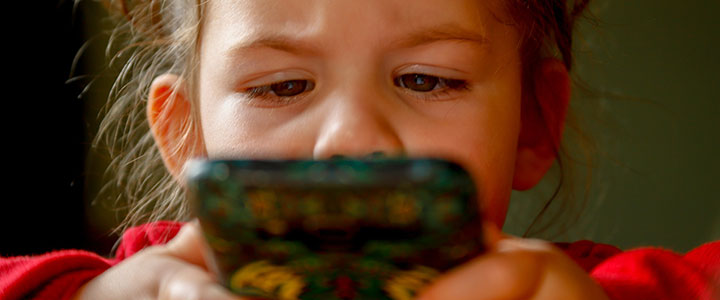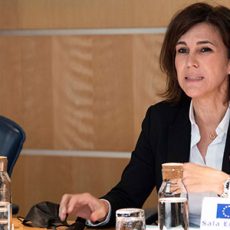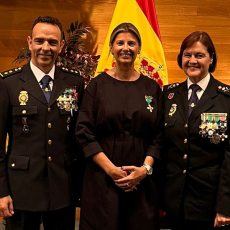
Spanish society is increasingly more aware that improper use of the Internet and social networks by minors is a growing problem that must be faced resolutely. This is why the issue has entered the electoral campaign debate for the upcoming elections on July 23rd.
As such, the Popular Party, according to an article in the newspaper El Mundo on July 29th, is working on a proposal regarding this, which has been agreed with “the educational community, families and the technological sector”. Questioned that same day regarding the issue, the government’s first vice president, Nadia Calviño, confirmed that the government is working on “how to regulate access by minors” to content platforms and social networks.
At the European Association for Digital Transition, we are extremely pleased that this matter, of enormous importance, is starting to form part of the political debate. It is a complex question that for the most part outpaces Spanish legislation, and in which various aspects intersect such as mental health, school bullying and sexual harassment, the socialisation and emotional-sexual education of minors, the commercialisation of their data and their right to privacy.
Along these lines, on June 22nd six civil society entities – the European Association for Digital Transition (EADT), promoter of the initiative, Save the Children, the ANAR Foundation, iCMedia, Dale la Vuelta and UNICEF – presented a proposal for a State Pact on the protection of minors on the Internet and social media .
The initiative, with institutional support from the Spanish Data Protection Agency (AEPD), is open to backing from companies and organisations, and to date has more than 90 entities involved, among them the Spanish Association of Foundations (AEF), the Atresmedia Foundation, the Fundación FAD Juventud (Drug Addiction Aid Fund), the Hermes Institute and the Movimiento por la Paz.
The State Pact proposal has fifteen specific measures, and the fact that the issue is being discussed in the electoral campaign shows progress is being made towards complying with the first of these measures: “Recognise that compulsive use of technology is a public health problem”. But it is urgent to go much further.
At the EADT we are convinced that approaches focused on self-regulation are insufficient, and it is necessary to be much more demanding with the companies providing certain types of digital services. This is why measure 13 of the State Pact proposal seeks “to establish a legal accountability framework for managers responsible for video sharing platforms and content distributors who fail to comply with the obligation to verify age”.
Public powers, in the public administrations, must also accept their responsibility. For example, as measure 12 of the State Pact proposal points out, regulation in the Spanish autonomous regions is needed to limit the use of mobile phones in schools, adapting the use of technological devices in the classroom to criteria connected with paediatrics, psychology, and child psychiatry.
Ultimately, we understand that political representatives must delve deeper into the debate, without ambiguity. What we want, after the electoral campaign and with the formation of a new parliament, is for public powers to fight against the unwanted effects for minors of the internet and social networks. Our State Pact proposal is a good starting point.




